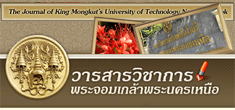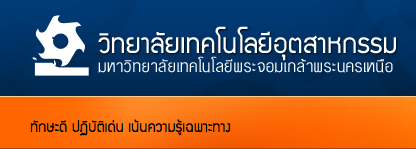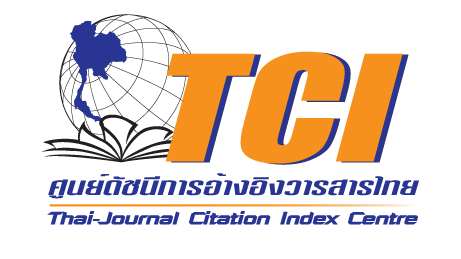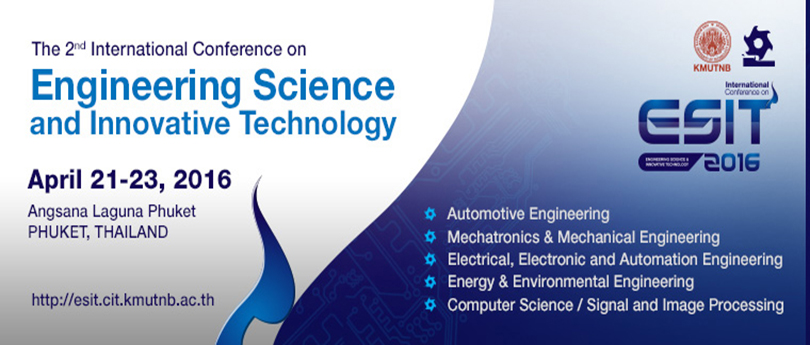บทคัดย่อ
Aluminum has been used as a raw material in the automotive, aerospace, cookware and construction industries, including daily appliances. The manufacturing of aluminum ingot from aluminum scraps involves the recycling process where the aluminum scraps are melted and recast together with the modification of chemical composition. Since the recycling process has to account some operations to prepare and manage the scraps, the process is generally ineffective in terms of time and activities related. This in turn leads to the increased waiting time and cycle time of the process. This research therefore aims at increasing the efficiency of aluminum recycling process with emphasizing on the cycle time reduction. The ECRS technique and 5W1H activity analysis were employed to eliminate wastes in each operation of the process. The casting techniques were used to reduce scarp melting time which shared the largest portion of the whole production time. After the process improvement, wastes can be eliminated, thus increasing the efficiencies of man and machines from 34.12% and 59.46% to 50.68% and 61.95%, respectively. The average production cycle time can be reduced from 25.91 hours to 20.13 hours, thus saving the manufacturing cost by 421,327.65 baht accordingly.
คำสำคัญ : Improvement, Aluminum, Recycle, Casting, ECRS technique




